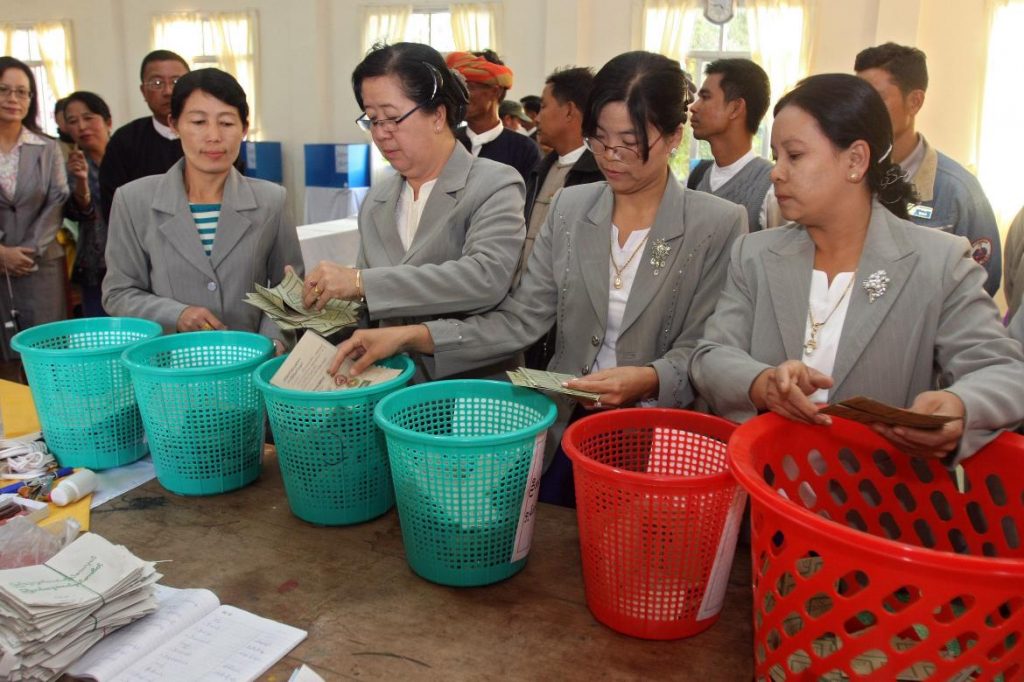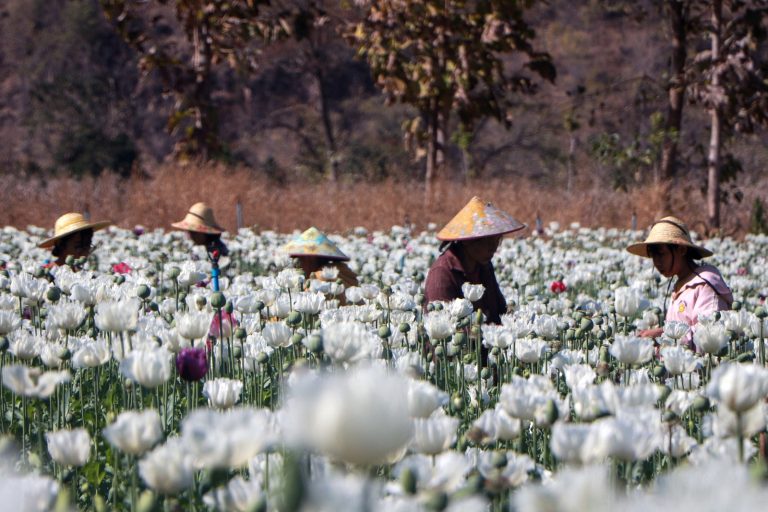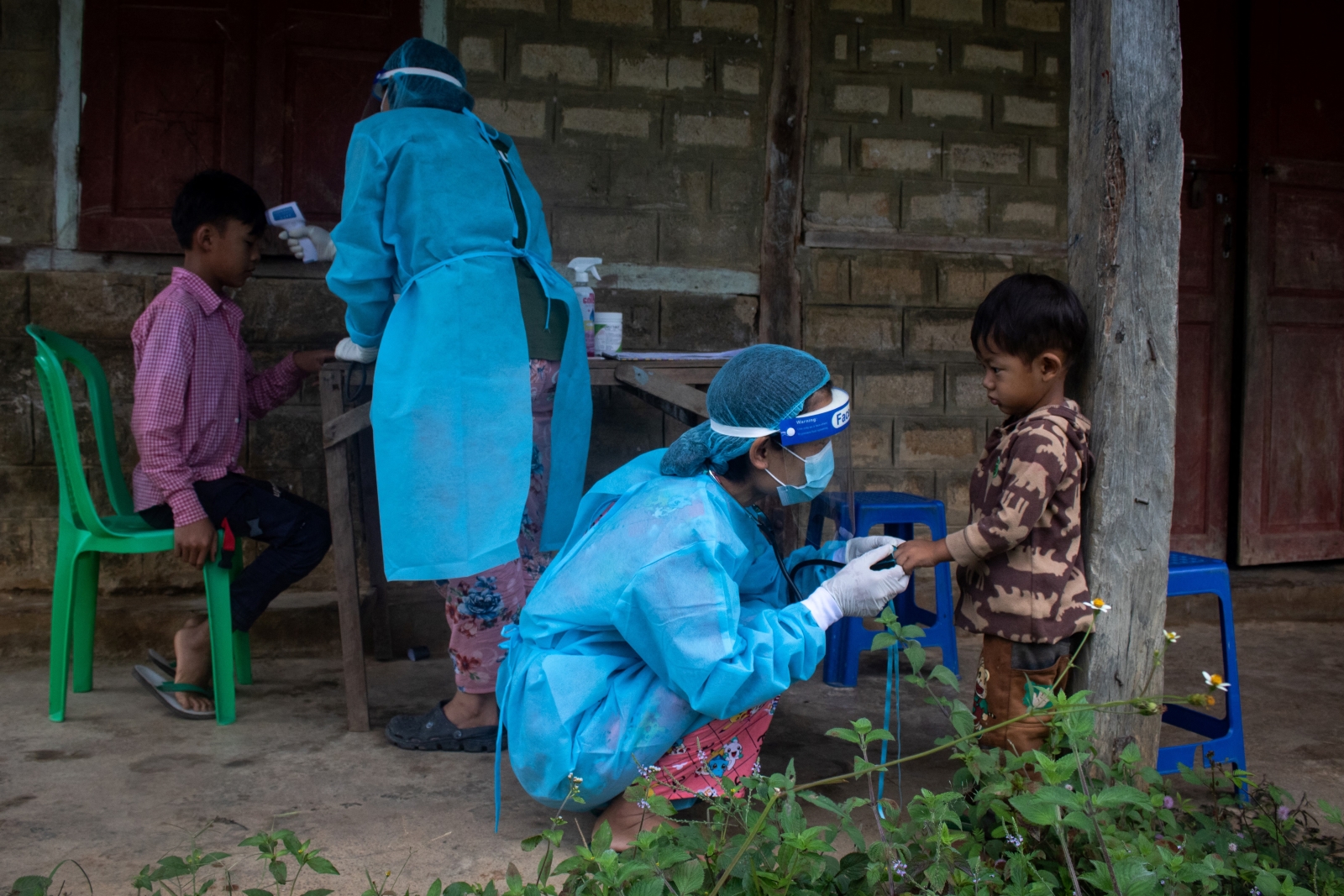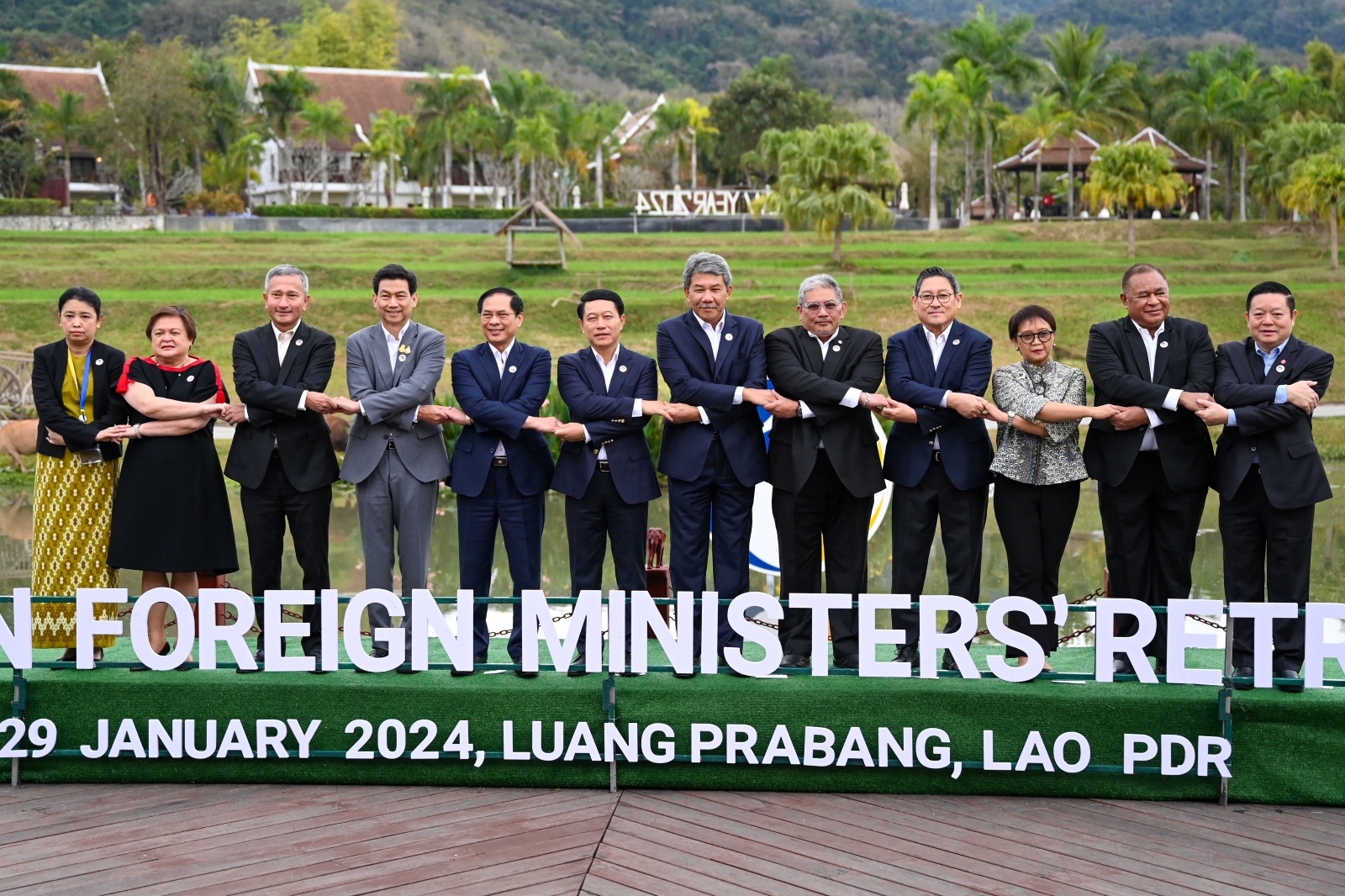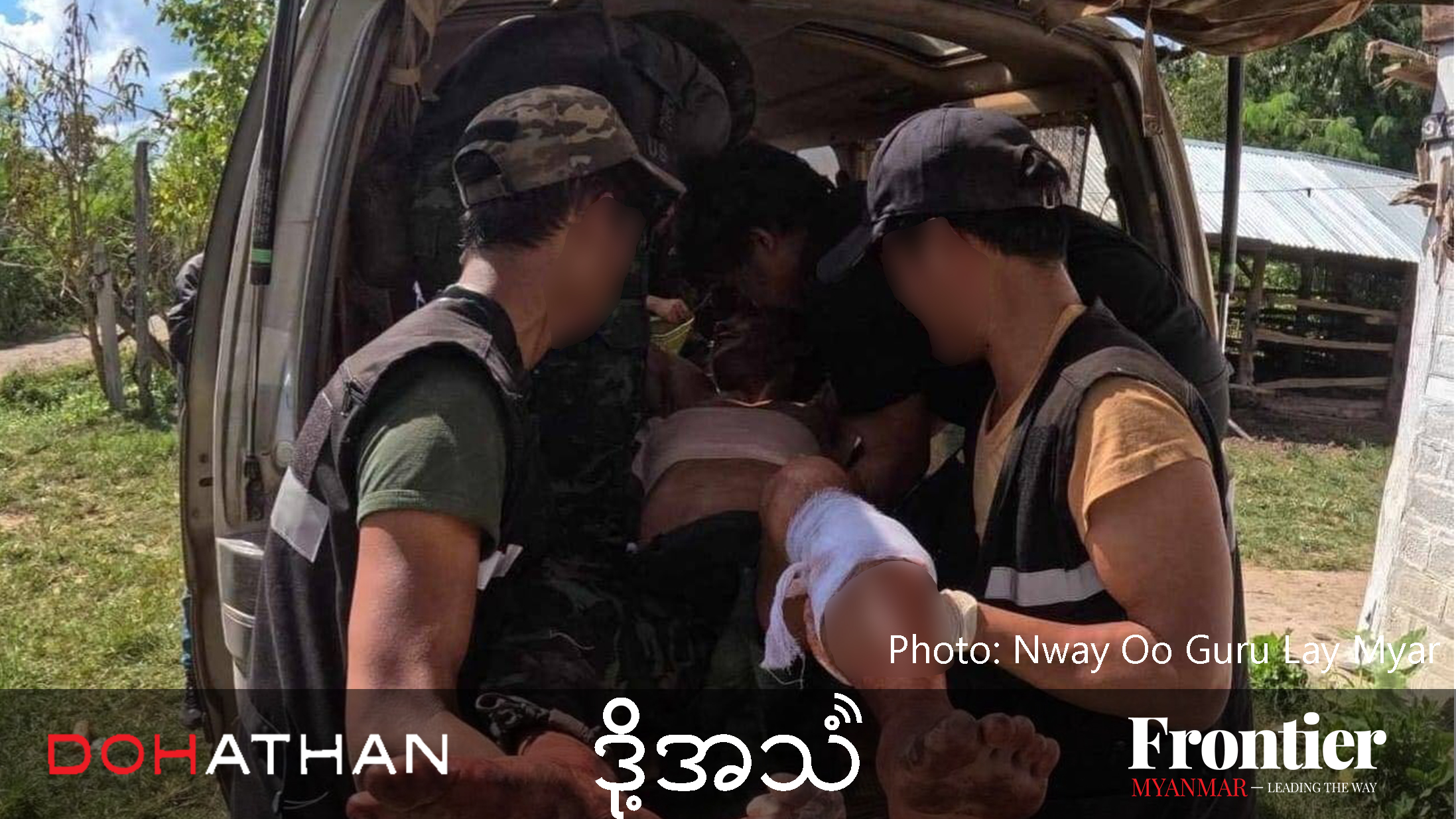Red pen mania reached new heights of opprobrium at censorship headquarters after the 2010 election, especially reports about advance voting that the government had good reason to terminate with extreme prejudice.
Slashing out wildly in the first edition of the Myanmar Times after the vote on November 7, 2010, the censors rejected six election-related reports, of which four told a story of a ballot that was anything but fair.
One was about votes cast in advance resulting in the National Democratic Force failing to win any seats in Mandalay, where its main rival had been the Union Solidarity and Development Party.
NDF candidates were ahead in several of the city’s constituencies when ballot counting ended after polling stations closed on November 7 but lost when advance votes materialised from somewhere the next day.
For example, in the Pyithu Hluttaw seat of Chanayethazan, the NDF’s U Khin Maung Thet was leading the USDP’s Dr Kyaw Myint 28,431 to 27,215 at 2am on November 8. An extra 3,376 advance votes ensured victory for Dr Kyaw Myint after the NDF candidate received only 856.
Of the 97 constituencies in Mandalay Region, democratic and ethnic parties won two.
Support more independent journalism like this. Sign up to be a Frontier member.
A separate report revealed that advance votes had been decisive in the three Mandalay Region constituencies contested by independent candidates, none of whom won.
The waiving of a Union Election Commission rule stipulating that ballot papers lacking a returning officer’s signature be regarded as cancelled put the USDP’s U Kyaw Nyein across the line in the Pyithu Hluttaw contest for Yangon’s Kyauktada Township.
State media reported on November 12 that U Kyaw Nyein had received 37.4 percent of the 12,477 votes cast, to 32.6 percent for the NDF’s U Than Tun.
The report quoted U Tun Shwe from the Wunthana NLD (Union of Myanmar) party as saying nearly a third of the votes counted in Kyauktada lacked the returning officer’s signature.
Also rejected was a report about a move by the NDF to appeal to the UEC for a “reassessment” of the election result and quoting the party’s chairman, Dr Than Nyein, saying the use of advance votes had “turned the results upside down”.
The NDF won 16 of the 161 constituencies it contested.
Passed with cuts was a report about USDP candidates sweeping the field in the 10 constituencies in Nay Pyi Taw in victories that had some of the most one-sided results of the election.
The Myanmar Times was not permitted to inform its readers that state-run media had reported that Thura U Shwe Mann received 96.4 percent of the votes in Zeyathiri, from a turnout of 97.3 percent, and that more than one-third of the votes, 21,931, were cast in advance; that Prime Minister U Thein Sein attracted 91.3 percent of the votes cast in Zabuthiri, where turnout was 88.3 percent; and in Pobbathiri, where the participation rate was 90.2 percent, Thiha Thura U Tin Aung Myint Oo, was favoured by 90.6 percent of voters.
Also ruled unfit for publication was an Agence France-Presse roundup of international reaction to the election. US President Barack Obama expressed outrage. “It is unacceptable to steal an election, as the regime in Burma has done again for all the world to see,” he said. Japan condemned the election as having been neither free nor fair and United Nations Secretary-General Ban Ki-moon said the ballot was “insufficiently transparent”.
The Association of Southeast Asian Nations, of which Myanmar is a member, described the vote as “a significant step forward”. A Chinese foreign ministry spokesman said the ballot was conducted in a “smooth and steady manner”.
There was some good news. Daw Aung San Suu Kyi was released on November 13 after more than seven years under house arrest. The 17-paragraph report was cut to 10. Of the eight images we placed on page 1, six – of an adoring crowd outside her University Avenue residence – were rejected and we were instructed to place the other two inside.


